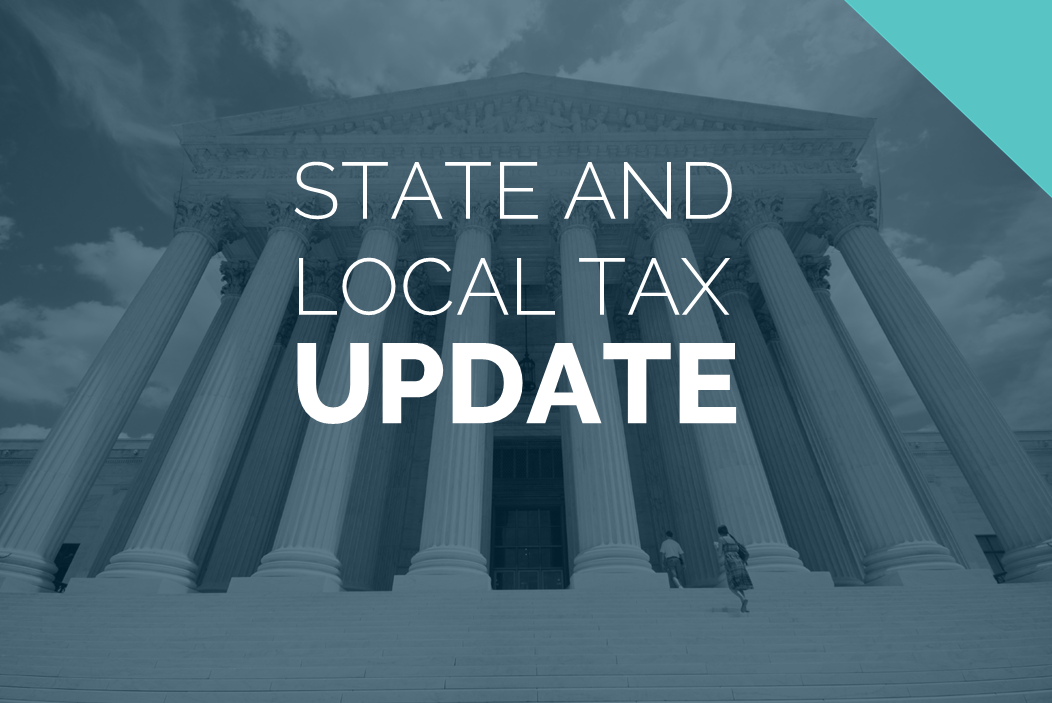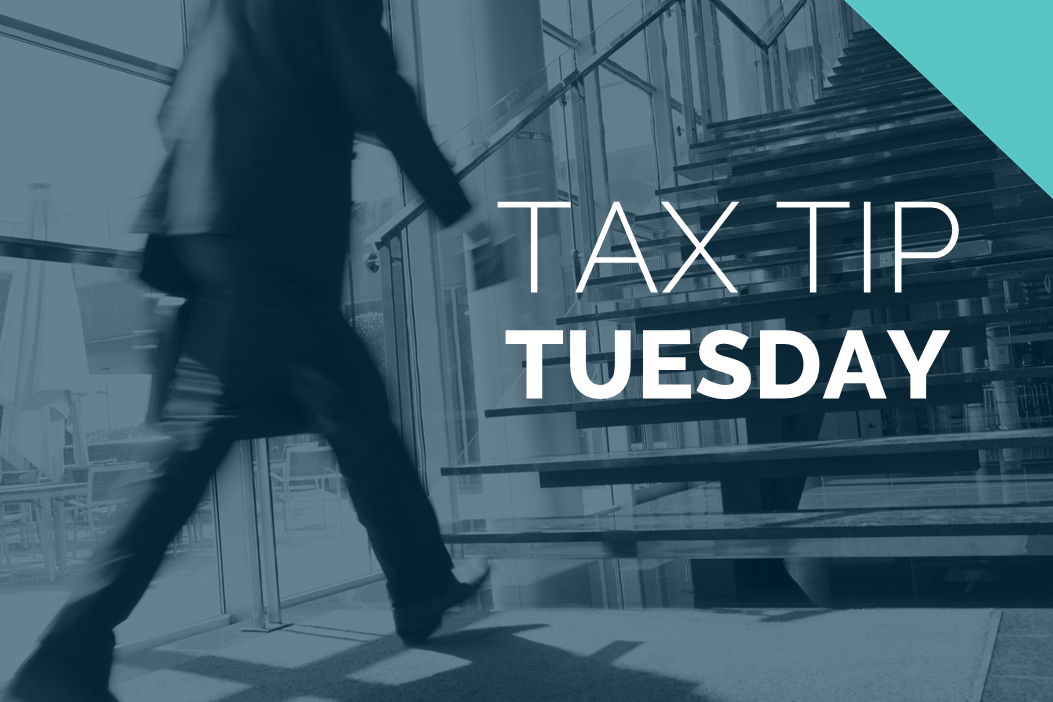Effective May 21, 2023, P&N has joined EisnerAmper. Read the full announcement here.

It has been 15 months since the United States Supreme Court turned the sales tax world on its head by overturning the physical presence requirement for sales and use tax nexus. At the time Wayfair[1] was decided, 25 states had some type of economic nexus standards for purposes of sales tax collection or reporting of transactions. As of the writing of this article, 44 of the 46 jurisdictions (45 States and the District of Columbia) with a sales or gross receipts tax have economic nexus provisions for sales tax collection while only two, Florida and Missouri, do not. This has been accomplished by statute, regulation, or even administrative pronouncements among the states.
At the time of the Wayfair decision, many professionals suggested it was just a matter of time before the states would begin considering the large-scale application of economic nexus to income taxes, since economic nexus had been condoned by the Supreme Court for sales tax purposes. That time is here. Eight states have now addressed the issue directly. Hawaii[2], Indiana[3], and Utah[4] have passed statutes on the issue, while Wisconsin[5], Massachusetts and Texas have either amended or proposed regulations, and Pennsylvania has issued a Corporate Tax Bulletin[6] addressing economic nexus for income taxes. These states have taken a variety of approaches – some of the states, such as Hawaii and Texas, specifically utilize the economic nexus threshold from their sales tax economic nexus laws. Pennsylvania, on the other hand, uses a $500,000 threshold that differs from their sales tax threshold, while Wisconsin’s new rule says that fifteen days of in-state activity requires a taxpayer to file an income tax return.
At the time of the Wayfair decision, many professionals suggested it was just a matter of time before the states would begin considering the large-scale application of economic nexus to income taxes.
Kentucky has also addressed the issue in administrative guidance related to corporation and pass-through entity taxes. Interestingly, however, Kentucky has explicitly stated that their Wayfair standards do not apply to income taxes, but rather, that an income tax return is required if a taxpayer has any amount of property, payroll, or sales in Kentucky. Some of the other states that have adopted economic nexus standards have also taken a similar approach, noting that any activity could give rise to nexus in their state, without stating an actual numeric threshold.
Even as more states begin to authorize economic nexus statutes, it is important to remember that Public Law 86-272, which protects certain activity related to sales of tangible personal property from creating nexus, remains a valid federal law. This law is only applicable to sales of tangible personal property and provides that certain de minimis activities can occur within a given state without subjecting the entity to filing that state’s income tax returns. Thus, if a company is only selling tangible personal property into the state and if its activities do not exceed the de minimis threshold, then even if it exceeds the economic nexus thresholds in a given state, Public Law 86-272 will still protect the company from an income tax filing obligation.
After Wayfair, wide-spread income tax nexus will be the next frontier for taxpayers to confront. Will this issue make it to the U.S. Supreme Court to sort out? That remains to be seen, but there is no doubt that additional states will be following these eight with regard to the applicability of economic nexus to income tax filing requirements. For more information about economic nexus or other state tax issues, contact your P&N tax professional.
[1] South Dakota v. Wayfair, Inc. et al., U.S. Sup. Ct., Dkt. No. 17-494, 06/21/2018
[2] HI L. 2019, Act 221, § 1,
[3] Ind. Code § 6-3-2-2(a)(5)
[4] Utah Code Ann. § 59-7-101(13)(b)(i) and (iv)
[5] CR 18-081 to be published 10/28/19 effective 11/1/19
[6] PA Department of Revenue, Corporation Tax Bulletin 2019-04, Sep 30, 2019




